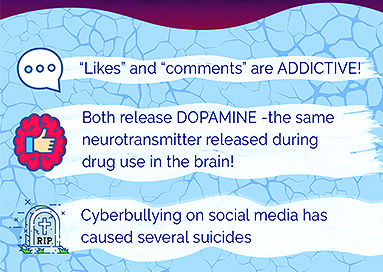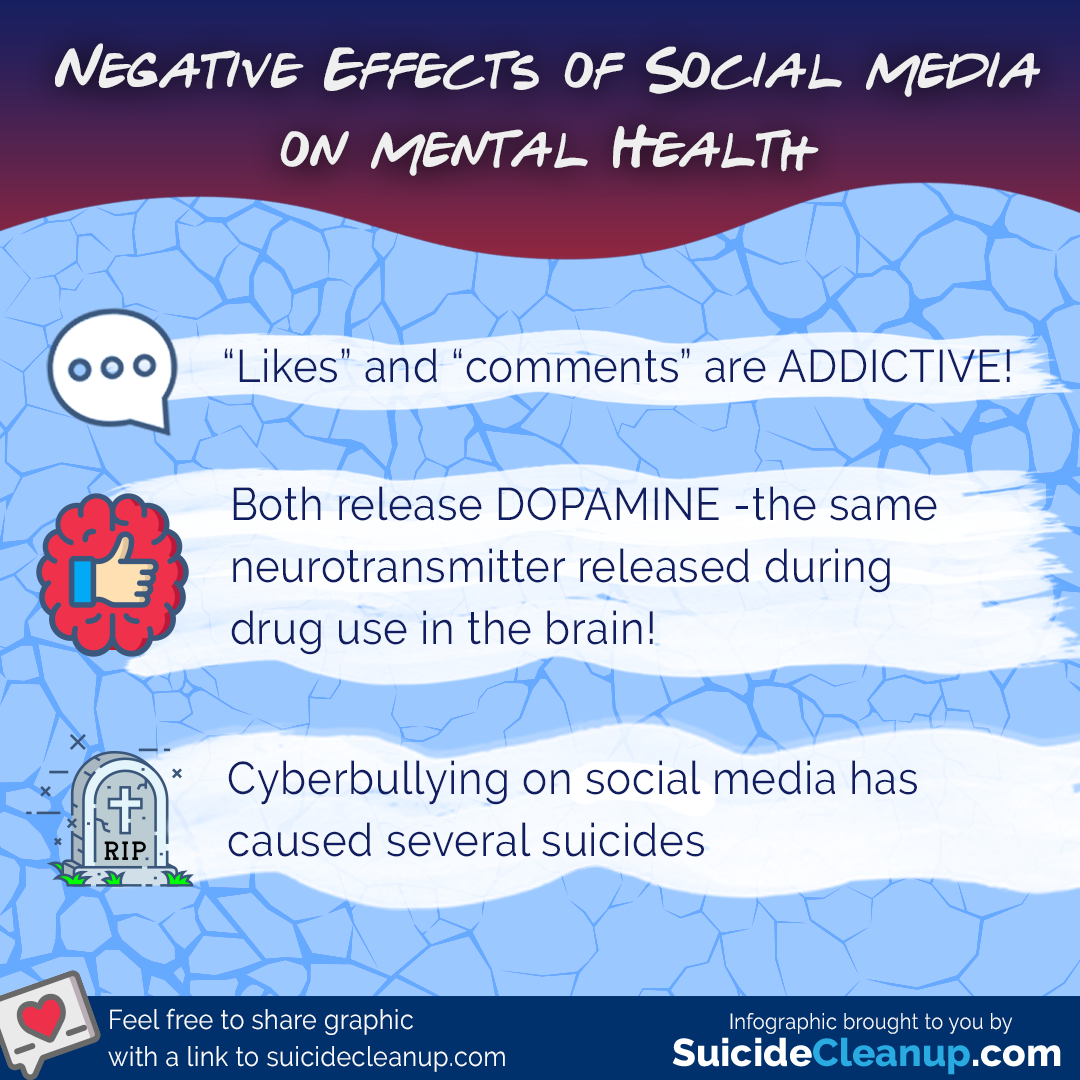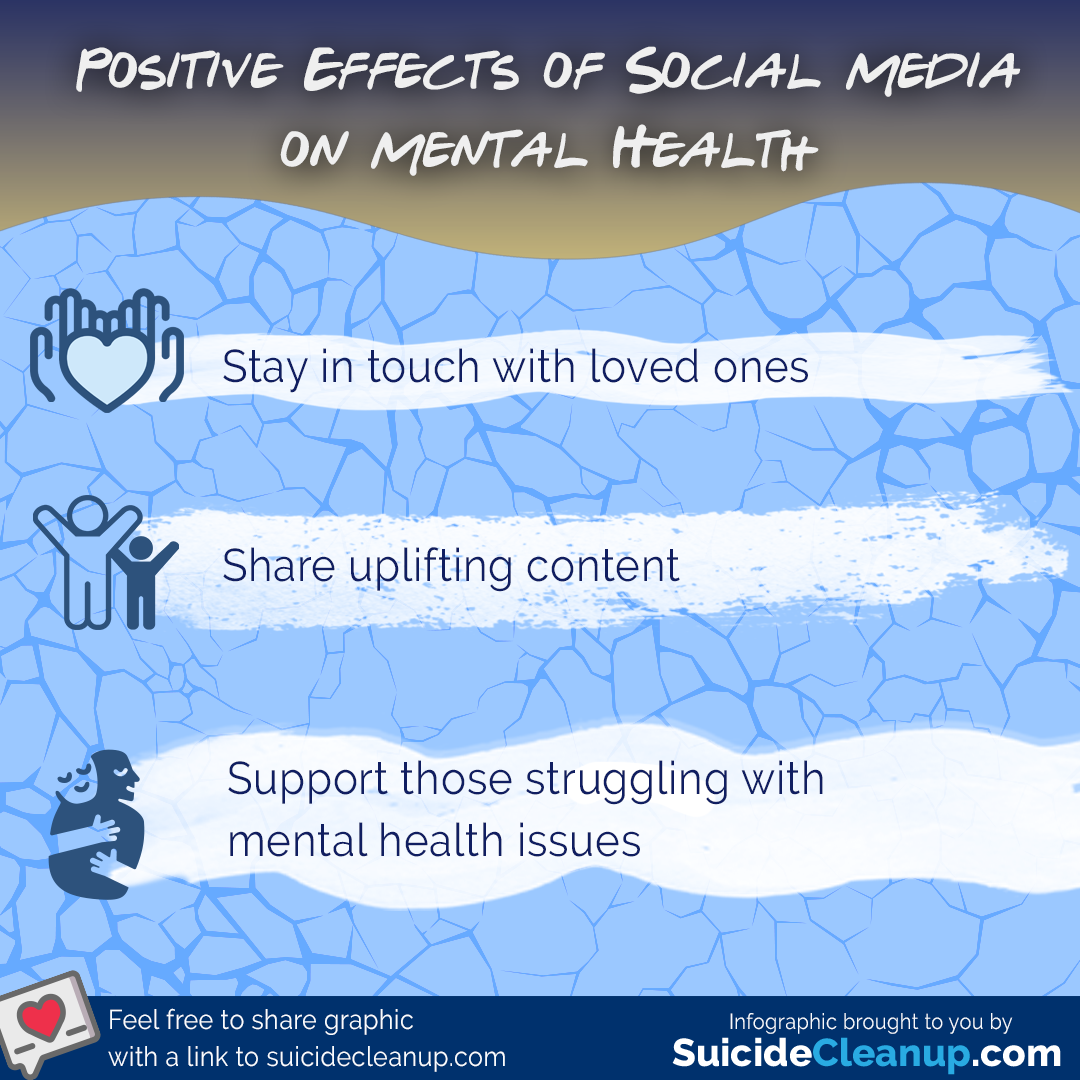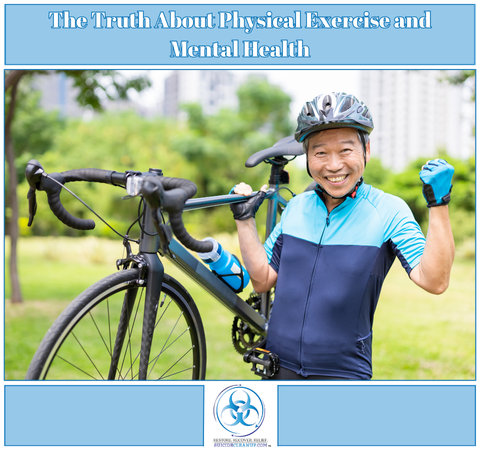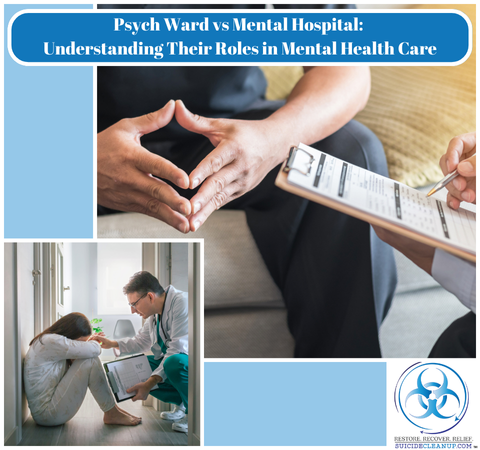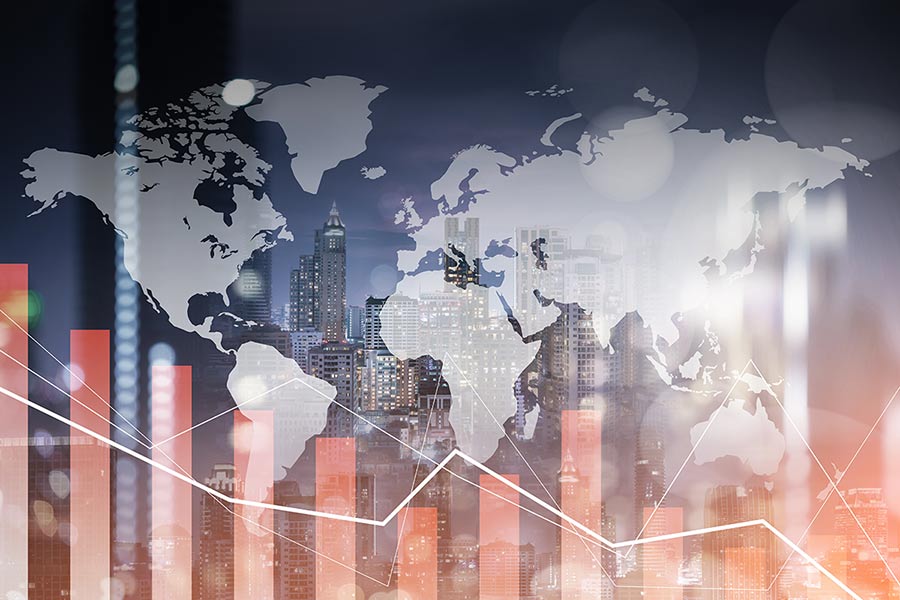
Do Recessions Cause Death?
July 9, 2020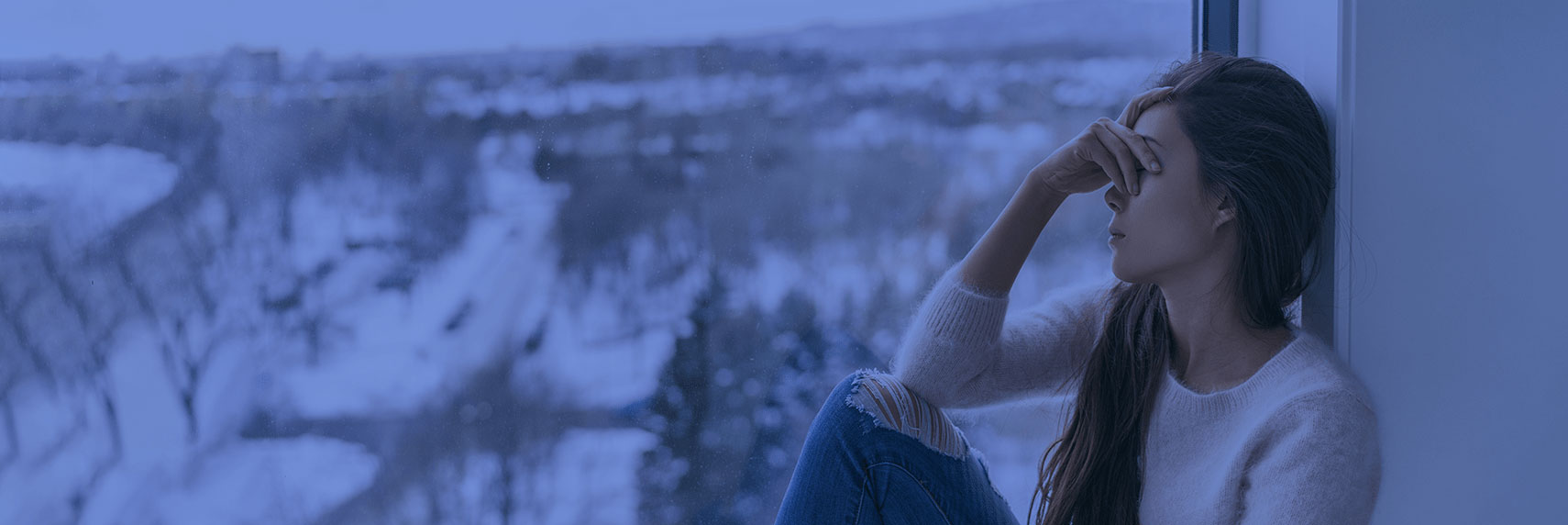
Can Grief Turn Into Clinical Depression?
March 26, 2021It’s widely known that since its inception, social media use has been on a steady incline with no indication of letting up.
Since the beginning of 2020, however, the stats jumped to hit a new milestone of over half of the world’s population using some form of social media.
Not only is the largest percentage of our population ever using social media, but they are spending more time per day on it than ever before.
Since we are in unprecedented times and seeing new trends and habits emerging as a result regularly, the question has to be asked: how is social media affecting our mental health?
Negative Effects of Social Media on Mental Health
Like with any subject, there are positive and negative drawbacks with everything. The negative effects of social media on mental health is no different.
With usage trending upwards, it is important to be aware of the negative drawbacks mental health has on excessive social media use, such as:
Social Media Addiction
Studies show that overuse of social media can lead to or be indicative of a social media addiction. It behaves much like any other substance addiction, and provides rewards that are both physical and psychological — making it a powerful drug.
Why is social media addictive?
The dopamine centers of the brain are activated when you receive a like or comment, which then release extra dopamine and make you feel very good, which is the basis of every addiction known to man.
Interestingly, those “pleasure centers” of the brain (that release dopamine) are also very active when you talk about yourself – something social media is largely centered on. This means that the pleasure centers of your brain are more active during social media use because of the self-centered nature of the action. You are receiving an easily gained reward, just for talking about yourself.
Like any other addiction, a social media addiction can be something used as a mechanism to temporarily relieve yourself from stress, anxiety, or depression. However, like any other addiction, it is a temporary band-aid on a much bigger problem.
Can Social Media Cause Suicide?
Not only can social media impact our mental health just by over- and improper use, it can also be a platform for bullying and shaming. Bullies feel safer behind a screen, and it can lead to nasty and hurtful words. This has been seen in a number of cases in the 21st century, including the memorable case of Sladjana Vidovic.
Because social media tends to be a solo activity, the victim of cyberbullying will often feel isolated and alone, and unable to reach out for help.
If you or a loved one is experiencing suicidal thoughts, please don’t hesitate to call the Suicide Hotline at 800-273-8255 or visit their website to chat with a counselor right away.
One other underrated topic of how social media can impact our mental health negatively is how often negative news gets reported. The over reported exposure to negative news and stigmas can trigger depression and anxiety, as found in many murder suicide headlines, for example.
The Positive Effects of Social Media on Mental Health
Social media is lesser known for its positive effects. When we hear about the impact of social media on general and mental health of its users, we often hear of the dangerous effects it has on our mental health.
While it absolutely takes a negative toll on your mental health, there are ways we can leverage it for good.
They take intentionality and awareness of the pitfalls of social media, but with a little bit of work we can use social media to make a difference:
- Use it to connect with loved ones
- Use it to share positivity and truth
- Use it to reach out to people who are isolated and/or hurting
- Use it for respectful discussion
- Use it to connect with new people who share similar interests
The ramifications of social media usage are very real and extremely serious. However, when used wisely, it can be used as an agent for positive change, connection and conversation.
Do you use social media to connect, share, and respectfully have conversations with friends and family? We all have freedom to use social media as we please. Using it as an agent for good starts from within.
Where do you stand? Do you think social media can be positive?

